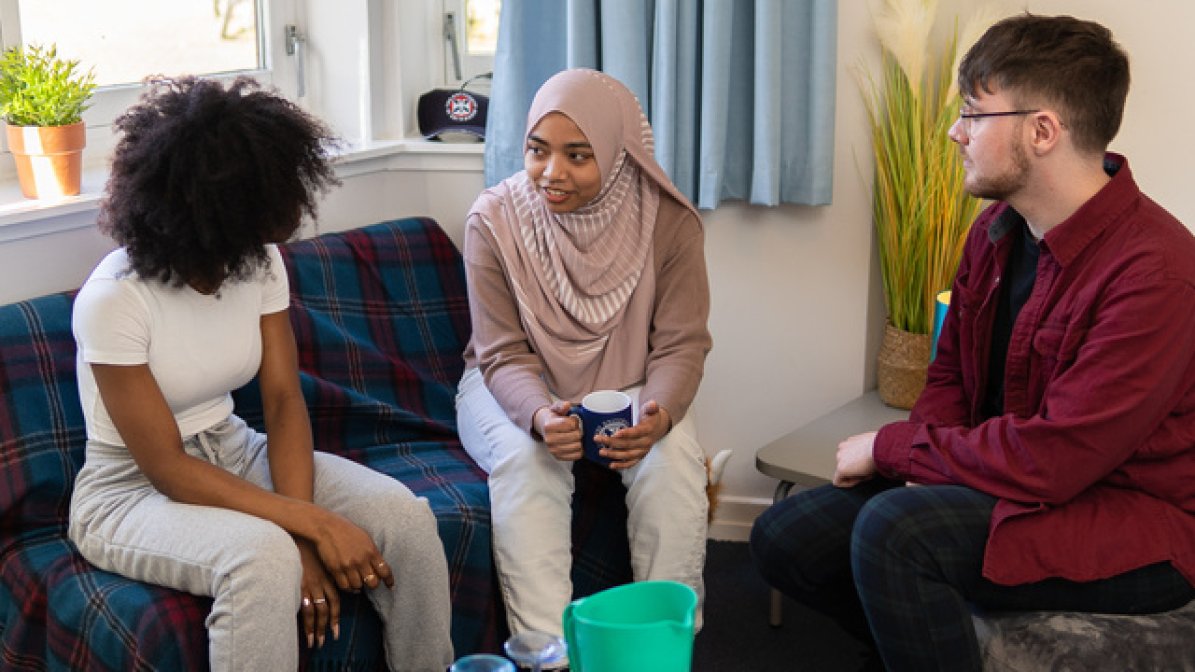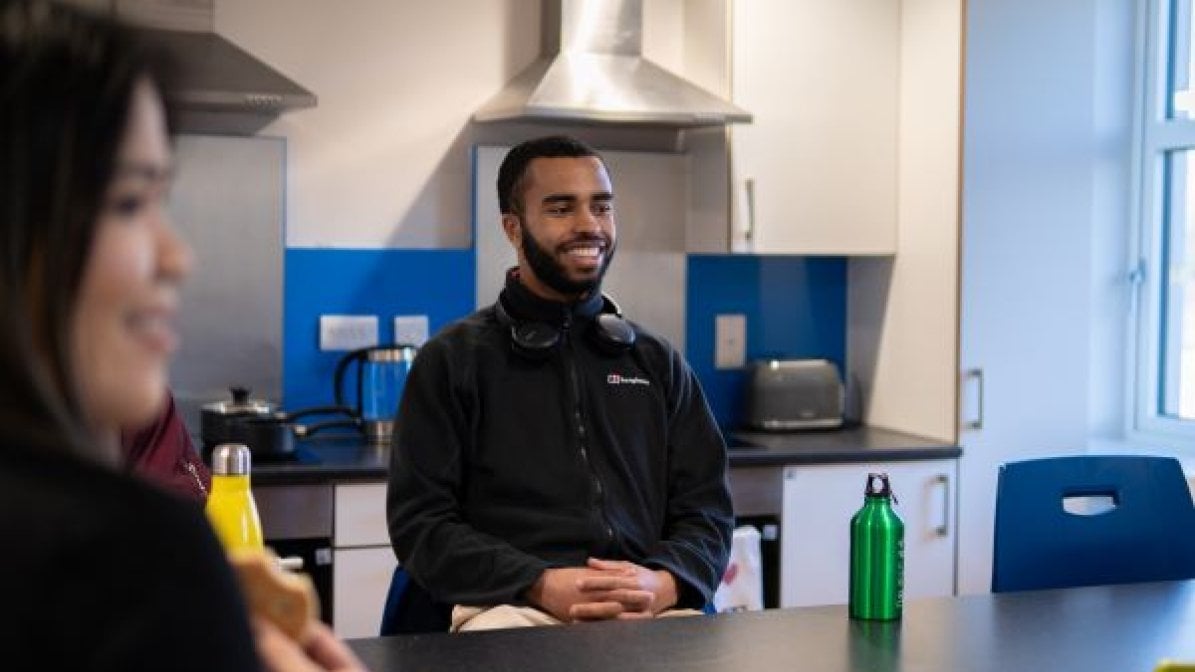
Find the right accommodation
Finding somewhere they’ll be happy to live is an important consideration for your child when choosing where to study. Read our advice on different types of accommodation and their pros and cons, and use our search to find the right place.
